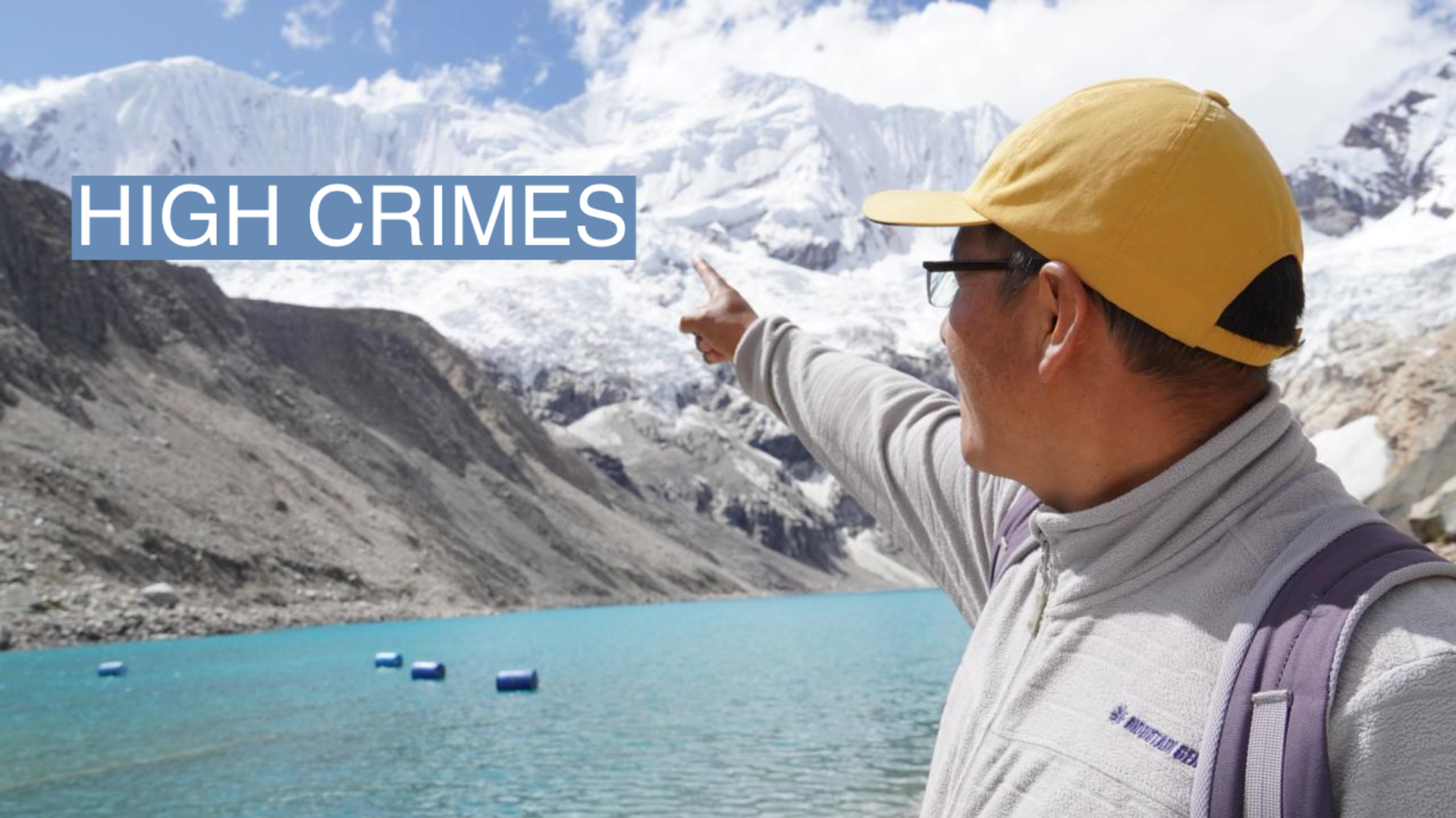The News

Companies and governments face a growing wave of legal action over the consequences of climate change.
Plaintiffs are utilizing laws traditionally used to target organized crime groups, or going after environmental marketing claims. And they’re relying on new and better science proving links between greenhouse gas emissions and specific, harmful outcomes, such as floods or droughts.
At least one major lawsuit against a huge energy company, Shell, has been successful, and another against RWE in Germany is underway. More could soon follow.
Mark’s view
As greenhouse gas emissions continue to rise, hitting an all-time high in 2022, action in the courts form a key plank of efforts to force companies to change their behavior.
Since the 1980s, plaintiffs have brought some 2,000 legal cases linked to aspects of climate change, with 25% of these coming in the past two years. Plaintiffs believe their chances of winning are going up because the evidence base at their disposal is improving. At the same time, some procedural issues that companies and governments were using to slow cases’ progress have gradually been resolved, meaning bringing cases has become easier.
Financial damages have not been awarded in any of these cases, yet. Thus far, courts have instead ordered defendants to take various actions, such as a landmark decision against Shell in the Netherlands requiring the company to reduce its emissions by 45%. (Shell has appealed).
But plaintiffs’ lawyers have said that, sooner or later, a court somewhere is going to award damages. This could then trigger an explosion in the number of cases, globally — and force oil and gas companies to reckon with a direct challenge to their core business. Beyond any damages awarded, companies with high emissions would face increased legal risk, and legal costs, with the public debate tilting further against them.
Know More
The science is improving with the help of a group called the World Weather Attribution collaboration, which develops and shares methods for making connections between outcomes and causes, taking advantage of greater computing power, improved data, and stronger climate models.
Successful attribution takes time, requiring detailed study followed by peer review. If a lake has dried up, for example, researchers use a range of geophysical models and data going back many decades to estimate the chance the same thing could have happened in the absence of climate change. If this chance is extremely small, attribution becomes likely. Legal precedents allow plaintiffs to claim damages from any party contributing to the event, the damages being in proportion to the fraction of emissions for which they were responsible.
Some plaintiffs are also exploring new methods to target companies, by taking aim at the campaigns long used by fossil fuel companies and their associates. In one recent case, 16 municipalities in Puerto Rico hurt by hurricanes in 2017 filed suit in a U.S. federal court against firms including ExxonMobil, Shell, BP, and Rio Tinto. The local governments allege a conspiracy “to influence, advertise, and promote the interests of the fossil fuel industry by giving false information to their consumers and the public at large.”
This case, like several brought against corporations by small communities, seeks redress under the U.S.’s Racketeer Influenced and Corrupt Organizations Act (RICO). The act was used against organized crime, and successfully deployed against tobacco companies in the 2000s, relying on similar arguments to those now made against oil majors.
The View From Peru

In Germany, Peruvian farmers have sued the German energy company RWE, arguing that climate change had triggered the rapid growth of a glacial lake located above the Andean city of Huaraz that could result in potential flooding, threatening some 50,000 people.
They seek monetary compensation from RWE to pay for a variety of measures to reduce the flooding risk. Scientists supporting the suit point to evidence that found, with roughly 99% certainty, that the relevant environmental changes to the glacier can be directly attributed to climate change.
Room for Disagreement
Catherine Higham, a policy fellow at the London School of Economics, said companies both within and outside the U.S. have shifted from denying climate science to arguing more technical legal points.
“Typically, companies or governments being sued will question the courts’ authority to intervene in the issue, for example, by arguing that climate action is a matter for the other branches of government,” Higham said. “Increasingly we also see cases challenging a given government entity’s authority to legislate or regulate on an issue. For example, questions about the EPA’s authority in the U.S.”